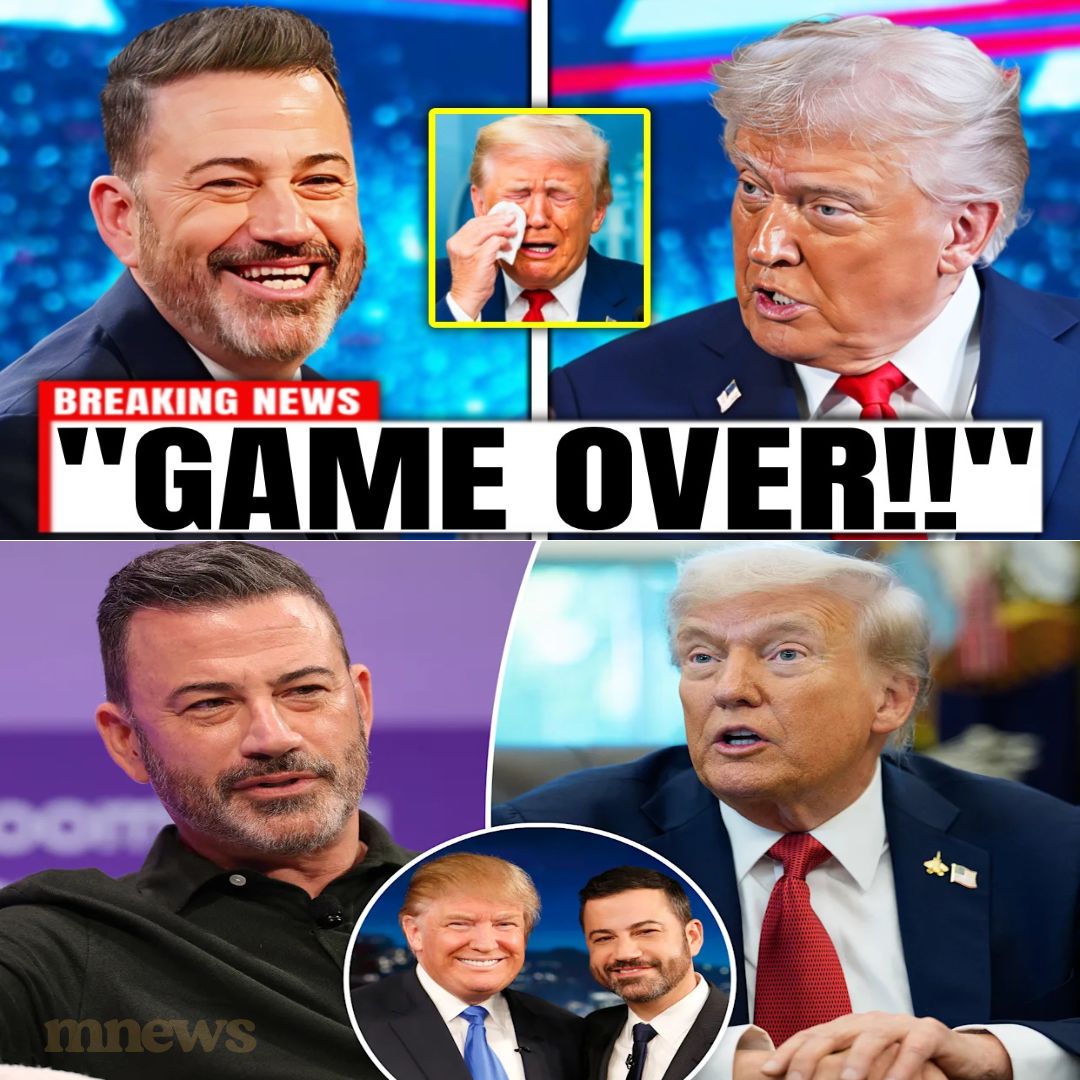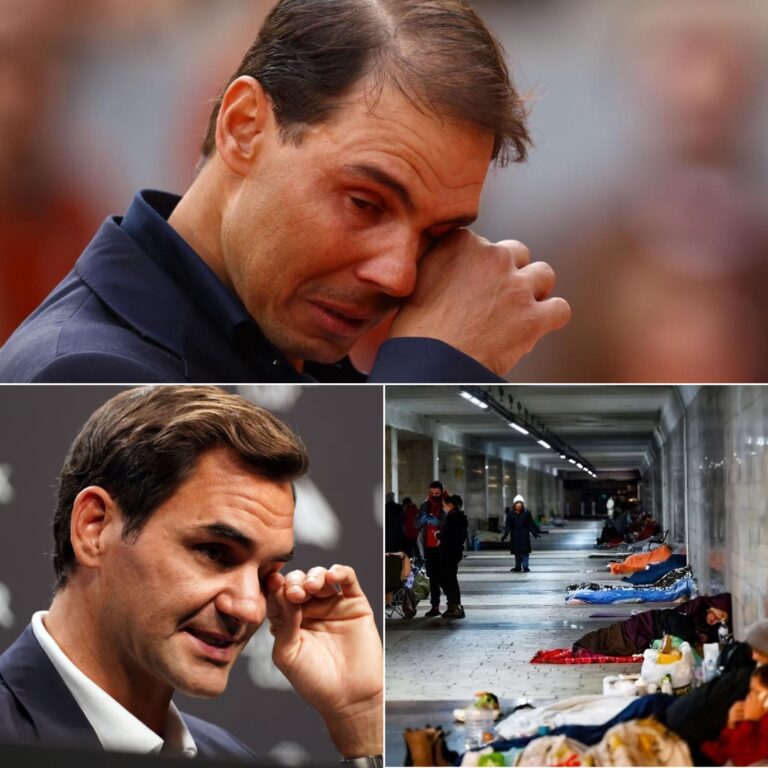In a stunning turn of events, late-night comedian Jimmy Kimmel delivered an unfiltered roast of former President Donald Trump, seizing the opportunity presented by his own show’s cancellation to unleash a barrage of criticism. Kimmel’s sharp wit and biting commentary transformed what could have been a moment of defeat into a powerful platform for ridicule, highlighting the absurdities of Trump’s presidency.

Kimmel’s response to his show’s cancellation was anything but subdued. Instead of retreating, he took aim at Trump, whose political antics have provided endless material for comedians over the years. The irony was palpable: Kimmel’s cancellation became a springboard for his most scathing critique yet, exposing Trump as a figure desperate for validation and plagued by contradictions.
The comedian’s monologue painted a vivid picture of Trump as a man who built his empire on branding, only to become a punchline in modern politics. Kimmel mocked Trump’s obsession with ratings, illustrating how a canceled show could still outtrend Trump’s rallies, revealing the fragile ego that lies beneath Trump’s bravado. This juxtaposition not only underscored Trump’s need for adoration but also highlighted the absurdity of a sitting president being overshadowed by a late-night host.
Kimmel’s commentary extended beyond mere jokes; it delved into the heart of Trump’s legacy, which is marred by lawsuits, impeachments, and a series of blunders that seem to echo through history. The comedian’s ability to frame Trump’s actions as a tragicomedy emphasized the disconnect between Trump’s self-image as a powerful leader and the reality of his presidency, which Kimmel characterized as a spectacle rather than governance.

As Kimmel continued his takedown, he underscored Trump’s fixation on revenge and his fragile relationship with critics. The absurdity of a president who spends more time bashing comedians than addressing national crises provided fertile ground for humor, reinforcing Kimmel’s point that Trump’s greatest opponent has always been himself.
The roast reached its zenith as Kimmel connected Trump’s political theatrics to the broader entertainment landscape, suggesting that Trump’s presidency has become a reality show that has overstayed its welcome. Kimmel’s incisive commentary served as a reminder that while television shows may end, the mockery of Trump’s presidency is likely to endure, forever etched in the annals of comedy and history.

In the end, Kimmel’s sharp critique not only highlighted the contradictions inherent in Trump’s persona but also reaffirmed the enduring power of satire. While Kimmel may have lost his platform, he proved that laughter can transcend boundaries, and in doing so, he ensured that Trump’s story will be remembered not with reverence but as a series of punchlines that resonate long after the cameras stop rolling.






